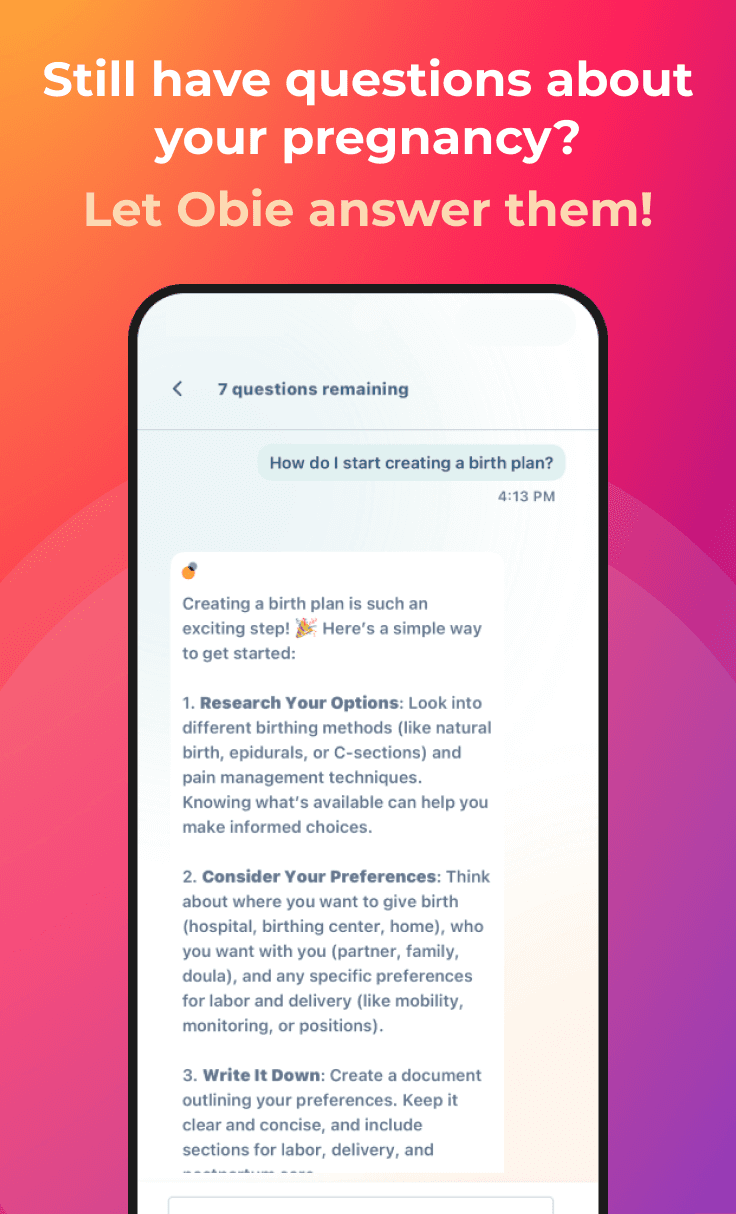How Safe is Sudafed During Pregnancy?
Medications
Obie Editorial Team

Q: Is it safe to use Sudafed (pseudoephedrine) during pregnancy?
A: For a long time pseudoephedrine (Sudafed) for congestion, guaifenesin (Robitussin) for cough and acetaminophen (Tylenol) for pain were considered "safe" in pregnancy. Recently, pseudoephedrine has been examined more closely and should only be offered to pregnant women after having a "risk/benefit" discussion with their doctor.
Some drugs affect developing blood vessels and may cause vessel constriction. In two recent studies, drugs that were considered "vasoconstrictive" included pseudoephedrine, ephedrine, phenylpropanolamine, methylenedioxymethamphetamine (MDMA or "ecstasy"), amphetamines, cocaine and crack.
One fetal defect that can occur when such vessel problems develop is gastroschisis, an abnormality (defect or hole) in the abdominal wall that allows the abdominal contents to protrude outside the body. The abnormality is usually very small, but the exposed contents can range from the stomach to the rectum (almost all of the large and small bowel can become exposed). The malformation is always obvious at birth, but can be also detected on ultrasound as early as 14 weeks gestation.
It appears that the risk period involves the first 10 weeks of gestation when gastroschisis and small intestinal defects are most likely to develop.
Some associated problems that occur along with gastroschisis are preterm birth, intrauterine growth restriction and cardiac problems. In gastroschisis, the bowel is not contained, but instead, floats freely with the amniotic fluid. Contact with amniotic fluid may cause severe damage to the bowel — which suffers growth failure, becoming thickened, matted or shortened — and is associated with diminished function.
Gastroschisis and small intestinal atresia (SIA) are serious congenital anomalies that require surgery, may involve lengthy hospital stays and can be associated with long-term problems. Defects of the small intestine such as gastroschisis may result from vascular disruption in early gestation. It appears that the risk period involves the first 10 weeks of gestation when gastroschisis and small intestinal defects are most likely to develop.
One study (Am J Epidemiol, 2002;155:26-31) found that among mothers of 206 infants with gastroschisis and 126 mothers of infants with small intestinal atresia, infants with gastroschisis had an increased risk of having been exposed to pseudoephedrine (Sudafed) during gestation. The risk for gastroschisis was increased further among infants who had been exposed to pseudoephedrine combined with acetaminophen. The risk of small intestinal atresia was also increased for any use of pseudoephedrine alone or in combination with acetaminophen. (The authors of the study cautioned that underlying maternal illness may have affected the results of this study).










